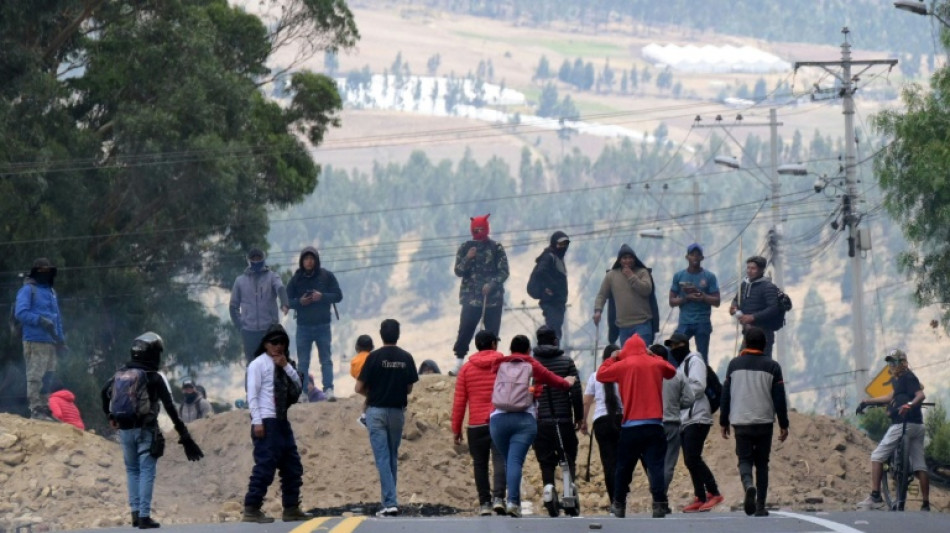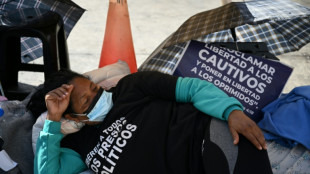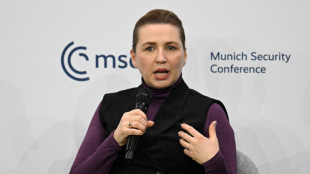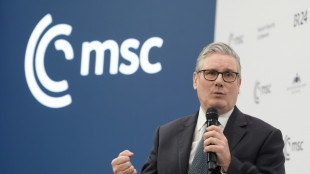

Ecuador's president claims narco gang behind fuel price protests
Ecuador's president on Tuesday accused the Venezuelan drug gang Tren de Aragua of financing Indigenous fuel price protests that have rocked his country for days.
President Daniel Noboa earlier this month announced a cut in the fuel subsidy he said would save the state $1.1 billion.
The move saw the price of diesel soar from $1.80 to $2.80 per gallon (48 cents to 74 cents per liter) -- a bitter pill in a country where nearly a third of the population is poor.
Hundreds of Indigenous Ecuadorans have come out in protest in defiance of a state of emergency declared by the president last week.
On Tuesday, Noboa claimed the protesters were "financed and surrounded by criminals from the Tren de Aragua."
In a message on X, he posted photographs of several men behind bars, without clarifying who they were, why they were detained or what their link to the protests was.
"This is not a struggle, it's not a protest... it's the same mafias as always," the president said.
Like the United States, Noboa has declared the Tren de Aragua a terrorist group for its links to skyrocketing cartel violence.
Last week, he imposed a state of emergency after protesters blockaded key roads, hindering food deliveries and hobbling critical sectors of the economy.
Noboa warned that protesters who defy the emergency would be "charged with terrorism and will serve 30 years in prison."
Ecuador's Minister of Government Zaida Rovira said Tuesday that 47 people had been arrested to date, including two foreigners for whom there were "indications" of ties with the Tren de Aragua.
The gang is at the center of rising tensions between Venezuela and the United States, which has deployed warships to the southern Caribbean in what it labeled an anti-drug operation.
Washington claims several people killed in US strikes on boats in the region were members of the Tren de Aragua.
Ecuador's powerful Conaie Indigenous group, credited with unseating three presidents between 1997 and 2005, decried a "violent repression" of the fuel protests and urged its supporters Tuesday to "stand firm."
Indigenous people represent nearly eight percent of Ecuador's population of 17 million, according to the latest census.
O.Esposito--IM



